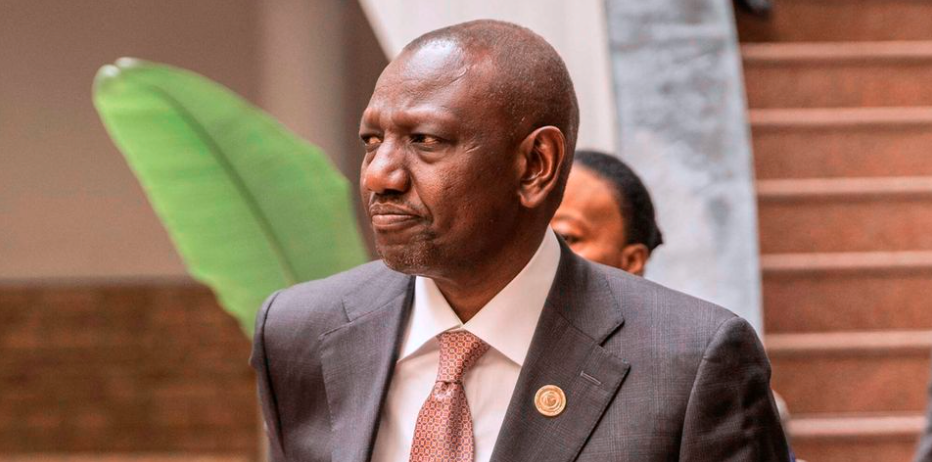Junior Secondary School (JSS) teachers in Kenya have taken to the streets, rejecting President William Ruto’s announcement that interns would receive permanent contracts after two years of service. The protests, held on Saturday, November 15, were sparked by what teachers describe as a breach of their original contracts.
On November 13, President Ruto announced that JSS interns would be confirmed on permanent and pensionable terms after two years, stating: “We decided that the JSS interns would be hired on a permanent and pensionable basis after two years of service; no negotiation.”
However, teachers argue that their contracts stipulated confirmation after just 12 months. “The contract that we signed last year indicated internship would be a one-off non-renewable program for 12 months from January 6 to December 1,” said one intern.
Accusing the Teachers Service Commission (TSC) of shifting goalposts, educators insist that at least 20,000 teachers should have already been confirmed. They are calling on the government to honor promises, upgrade salaries from the current Ksh17,000, and improve working conditions. The Kenya Union of Post Primary Education Teachers (KUPPET) has backed the demands, emphasizing that delays have worsened the education sector.
JSS teachers are also calling for full autonomy, arguing that being placed under primary schools has caused confusion in administrative roles, co-curricular activities, and school management. Patrick Gitonga, KUPPET Tharaka Nithi Secretary, stressed, “We want JSS teachers to be given autonomy so they can represent themselves; depending on other jurisdictions is affecting the conduct of their mandate.”
The unrest is spreading beyond Meru and Tharaka Nithi counties, with similar discontent reported among interns in other regions. This is reminiscent of the 2024 strike that forced the Budget and Appropriation Committee to direct TSC to hire all JSS interns using funds allocated in the 2024-2025 financial year.
With the new academic year just weeks away, the government faces increasing pressure to resolve the dispute and address long-standing grievances among JSS educators.

